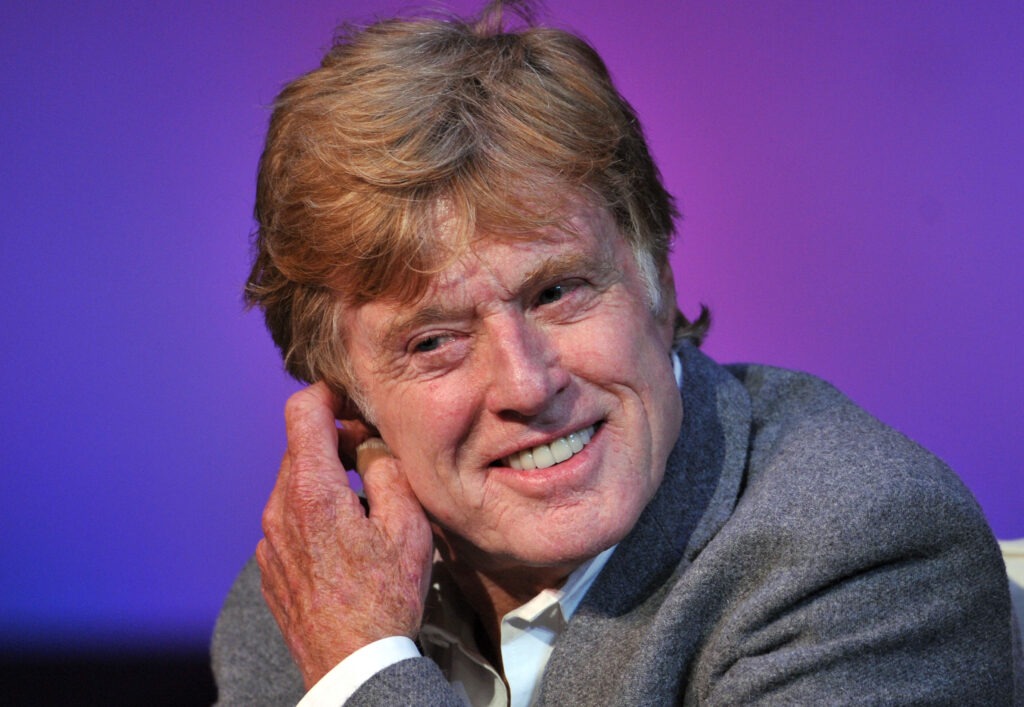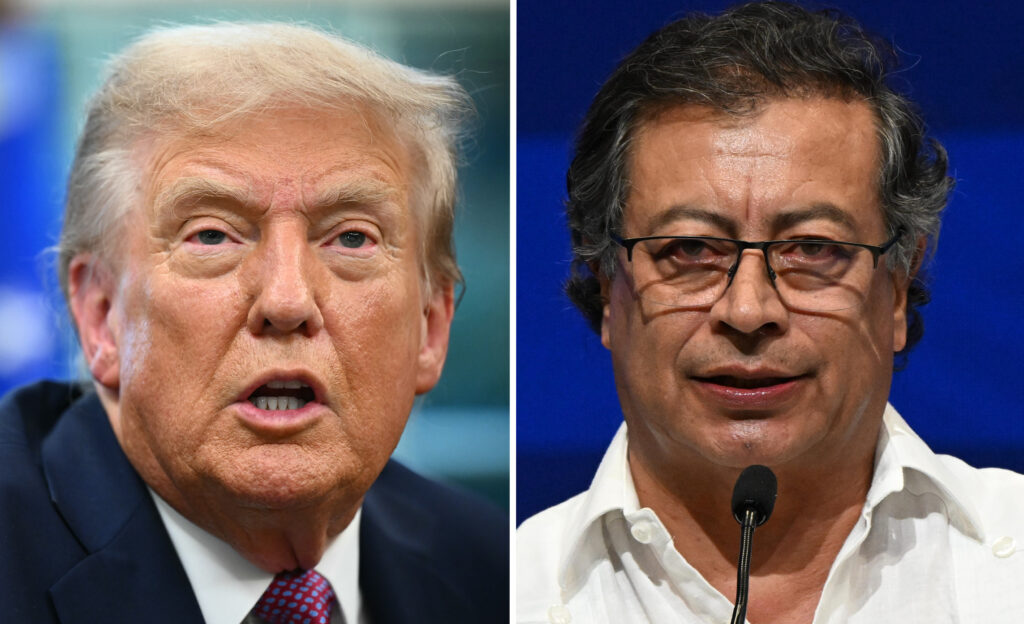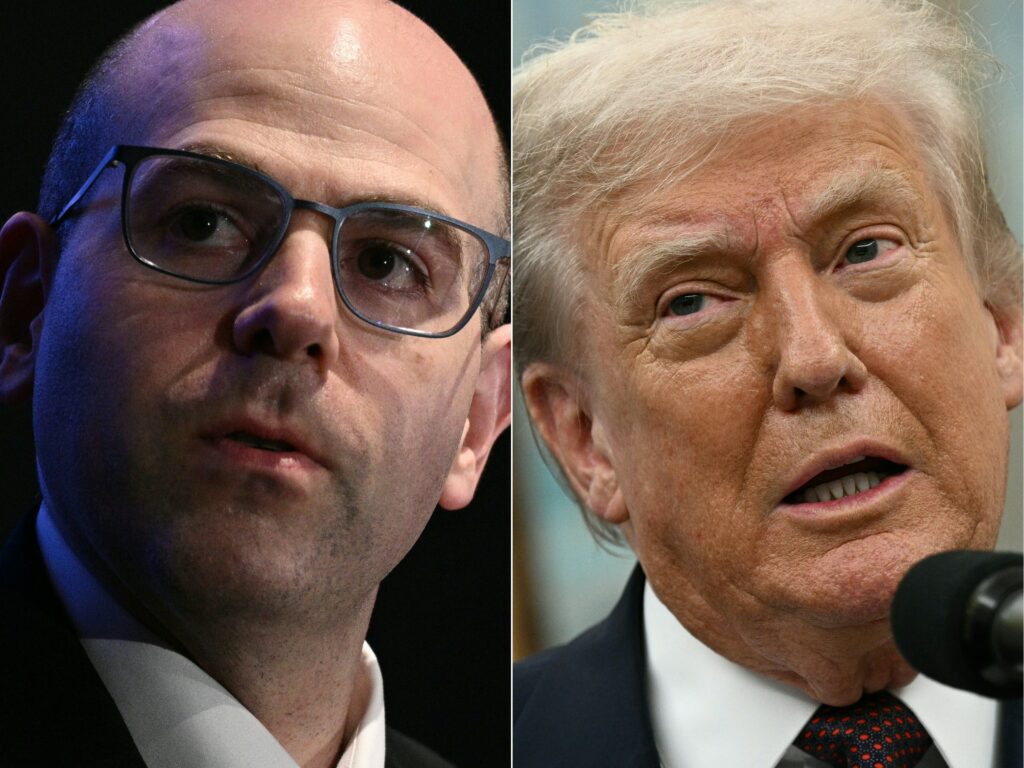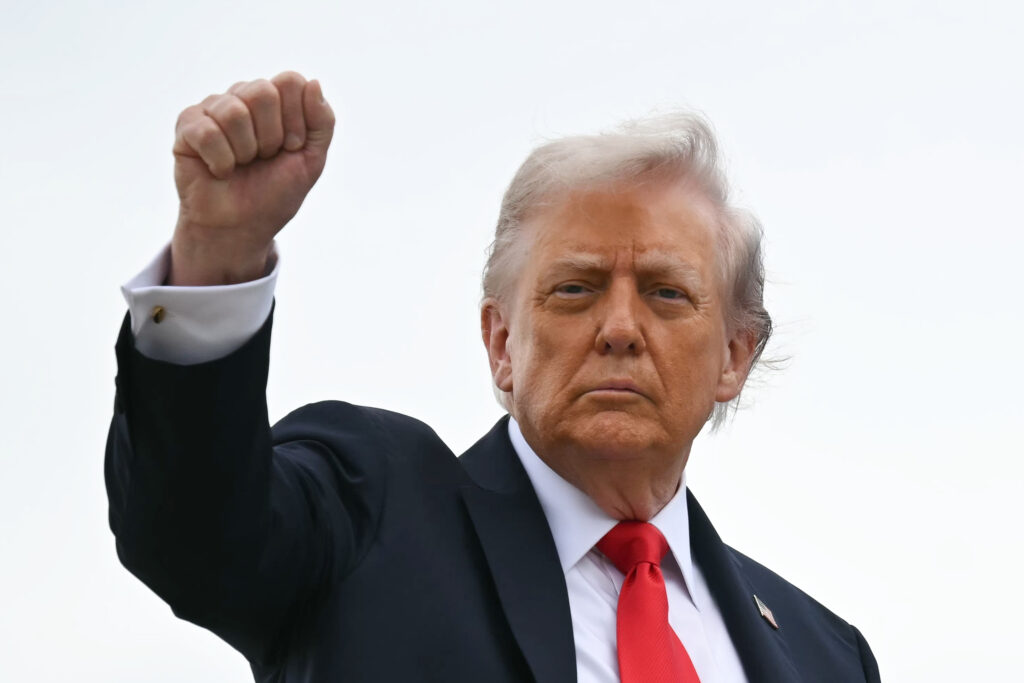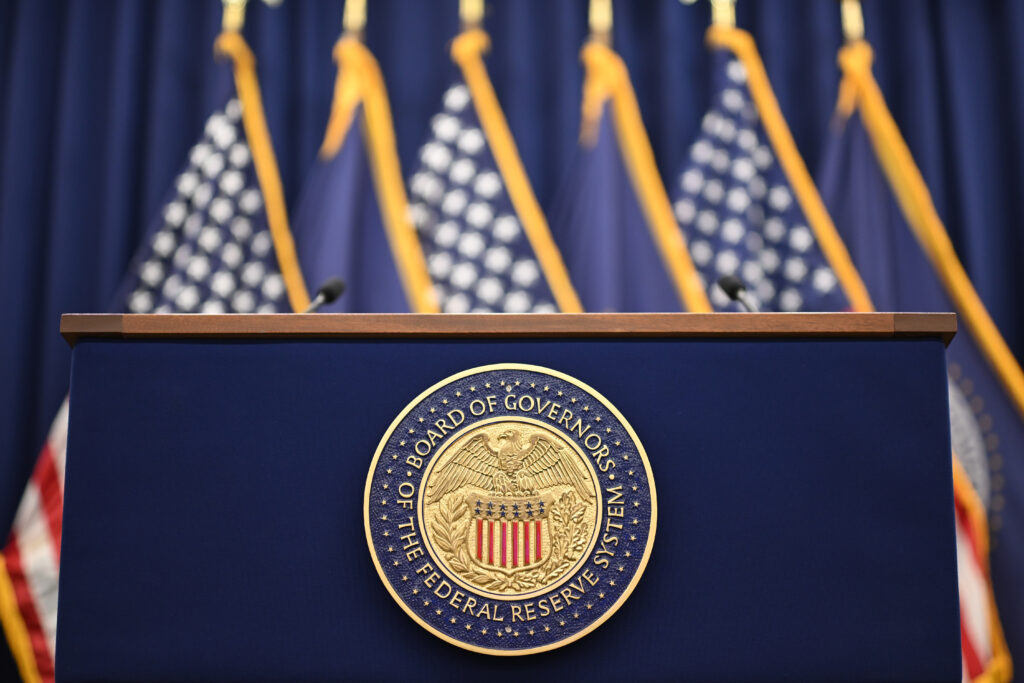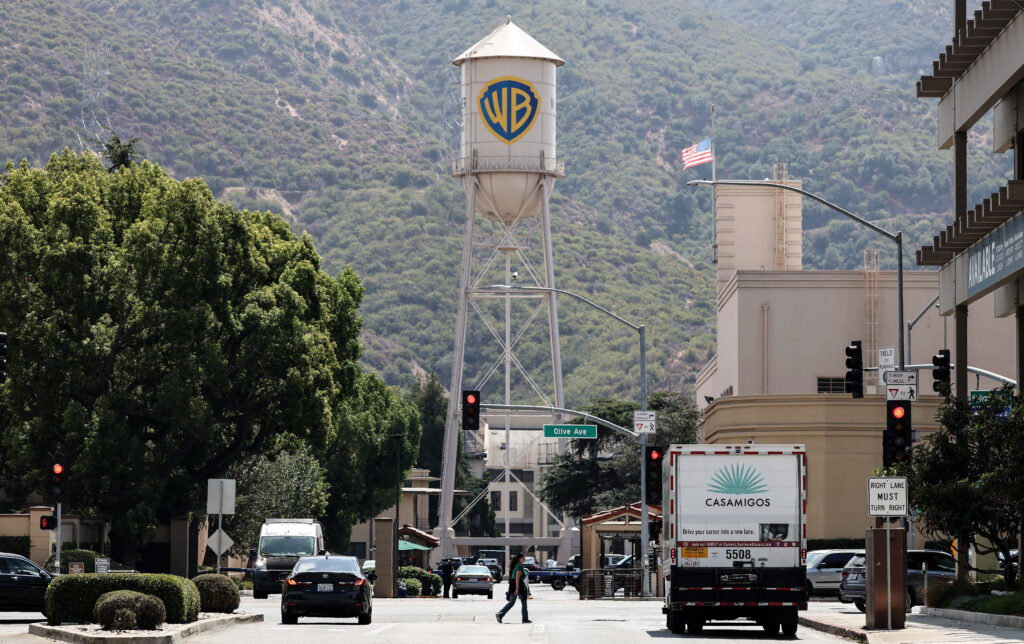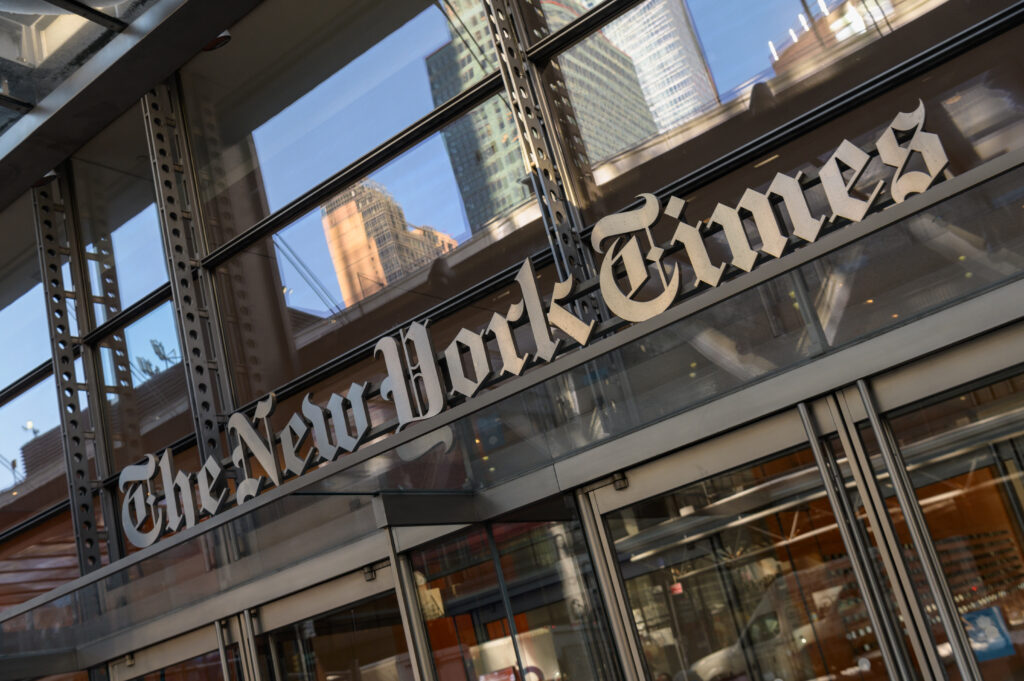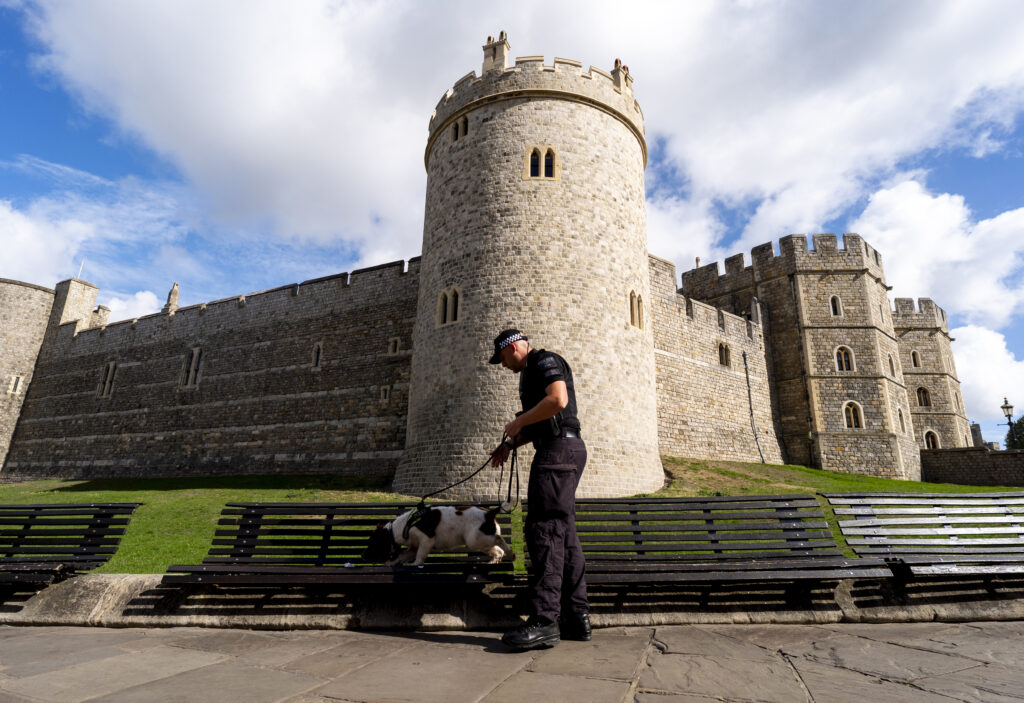Judge drops ‘terror’ charges against man accused of killing US insurance exec
A US judge dropped two terror charges Tuesday against Luigi Mangione but said the man accused of gunning down a health insurance executive would still face trial for second-degree murder.Mangione appeared in court wearing a beige jumpsuit and shackles, flanked by armed police and court officers, and stopped to smile and nod at a young woman in the front row as he was led out, an AFP reporter saw.His appearance in a Manhattan courthouse is a reminder of the string of violence that has rocked the United States in recent times, including the December 4 slaying of insurance executive Brian Thompson.That has been followed by a number of other incidents, including the murder of a Democratic Minnesota state lawmaker and her husband, the firebombing of the Pennsylvania governor’s home and, most recently, the killing of conservative activist Charlie Kirk.”As to Counts One and Two, charging the defendant with Murder in the First Degree, and Murder in the Second Degree, under the terrorism statute, the evidence put forth before the Grand Jury was legally insufficient for those charges,” Judge Gregory Carro ordered. “Therefore, those two charges are dismissed.”He also ordered Mangione to return to court on December 1 for a hearing to discuss the handling of evidence in the case.Fervent supporters of Mangione gathered both inside and outside court to show their backing for the 27-year-old whose alleged crimes have sharply divided Americans.Thompson’s murder brought to the surface deep public frustration with the lucrative US commercial health care system, with some social media users painting Mangione as a hero.He is charged in both state and federal court in the December 4 shooting of Thompson, who was chief executive of UnitedHealthcare.- Insufficient evidence for ‘terrorism’ -If convicted in the state case, Mangione could face life imprisonment with no parole. In the federal case, he could technically face the death penalty.One of the protesters, who were mostly young women, held up an Italian flag emblazoned with the words “healthcare is a human right.”Mangione’s attorney Karen Friedman Agnifilo has sought clarity on how simultaneous federal and state charges would work, calling the situation “highly unusual.”Dozens of Mangione’s supporters chased his legal team along the street after they left court following the packed hearing.Mangione was arrested in Altoona, Pennsylvania, on December 9 following a tip from staff at a McDonald’s restaurant, after a days-long manhunt. He had traveled to New York by bus from Atlanta about 10 days before the crime, US prosecutors said. After checking into a Manhattan hostel with false identification, he allegedly performed reconnaissance near the victim’s hotel and the conference venue where the shooting took place.Early on December 4, Mangione allegedly tracked Thompson, walked up behind him and fired several gunshots from a pistol with a silencer, federal prosecutors said. Afterward, he is said to have fled on a bicycle.

